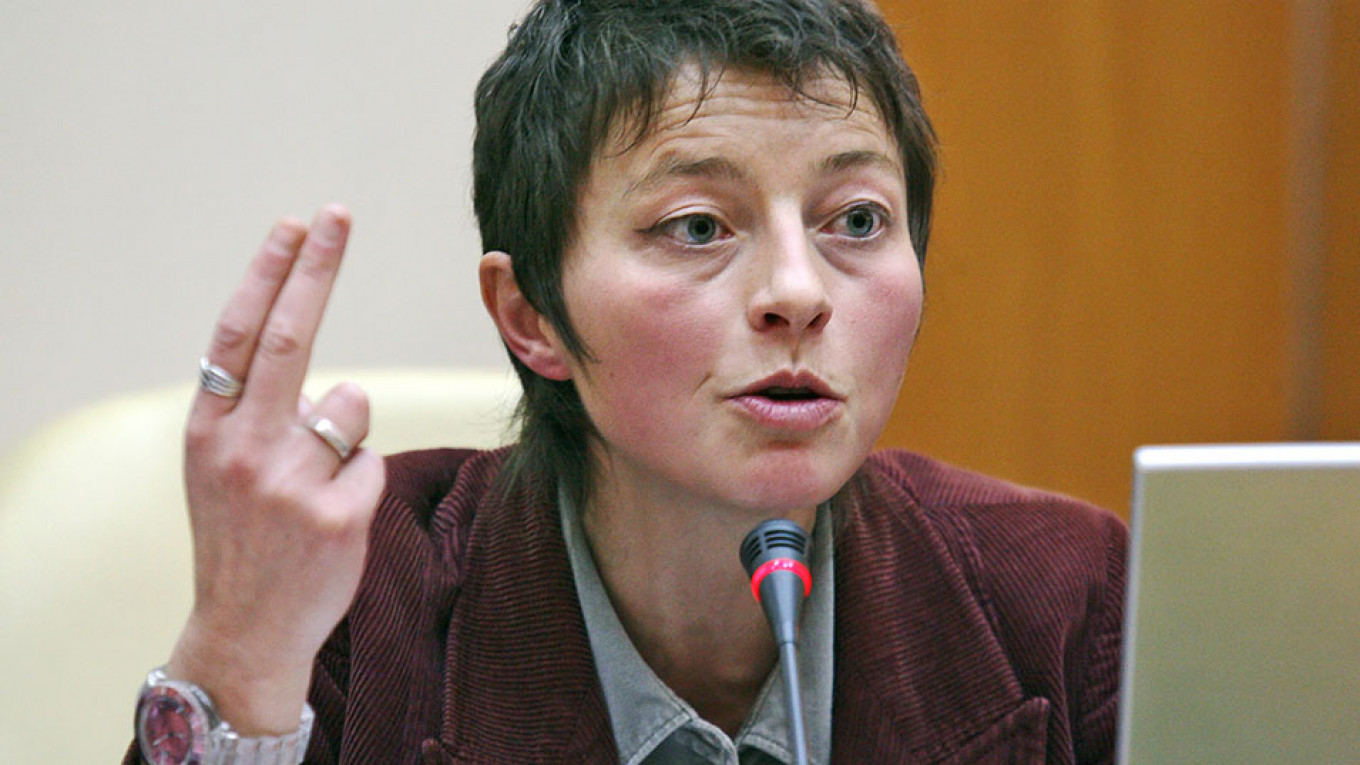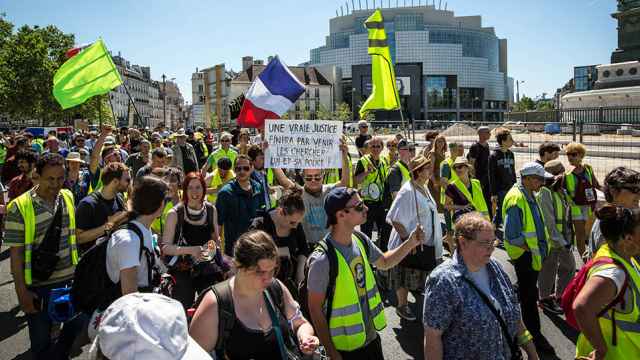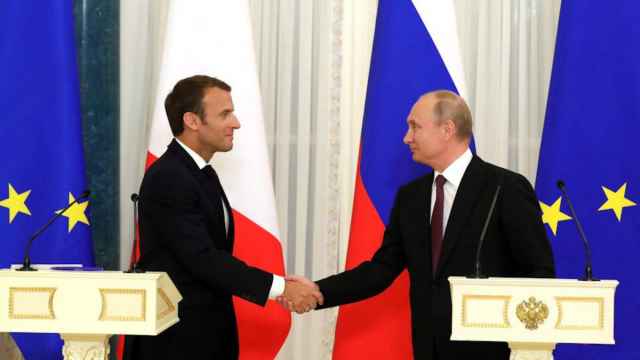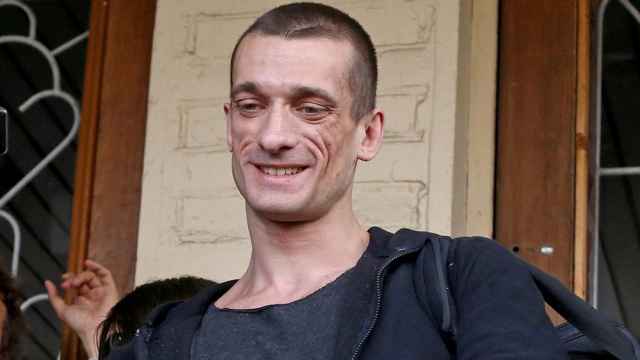Russia has banned a prominent French sociologist from entering the country for 10 years after she arrived to give a lecture on France’s yellow vest protests, the Kommersant business daily reported Thursday.
Carine Clément was due to give a lecture in Moscow on Friday on yellow vest protesters in Paris, which she researched for a year after living in Russia for 20 years. President Vladimir Putin has said he “doesn’t want yellow vests in Russia” at the height of this summer’s anti-government rallies in Moscow that saw widespread law enforcement crackdowns on protesters.
“They informed me about the entry ban into Russia at Sheremetyevo Airport passport control,” Clément told Kommersant.
Agents from Russia’s Federal Security Service (FSB) told Clément that she poses a national security threat and put her on the next flight back to France, Kommersant cited the sociologist as saying.
Clément said she plans to speak with lawyers on whether she can appeal the entry ban.
“I don’t understand why now,” Clément wrote on Facebook. “One thing is clear: The system lost its head.”
Her ex-husband, opposition lawmaker Oleg Shein, called the FSB’s justification that a sociologist poses a national security threat “paradoxical.” Clément’s current husband, co-chairman of the Russian Teachers’ Union Andrei Demidov, wrote: “It seems to me that the state which Carine threatens won’t last 10 years.”
France’s yellow vest protests, named after the high-visibility jackets worn by motorists, began in November 2018 over fuel tax increases. It evolved into an occasionally violent revolt against politicians and a government seen as out of touch.
The conference where Clément was due to give a lecture was billed as an examination of the protest fervor sweeping the world this year.
“I was surprised to find that [yellow vest protesters] talk about the same problems as the protesters in Russia’s regions,” she told Kommersant of her year-long research.
“They have similar social criticism, similar attitudes toward the authorities.”
Authorities in St. Petersburg fined Clément in spring 2018 for violating migration rules after she accused the university where she worked of canceling her conference on nationalism and imperialism.
A Message from The Moscow Times:
Dear readers,
We are facing unprecedented challenges. Russia's Prosecutor General's Office has designated The Moscow Times as an "undesirable" organization, criminalizing our work and putting our staff at risk of prosecution. This follows our earlier unjust labeling as a "foreign agent."
These actions are direct attempts to silence independent journalism in Russia. The authorities claim our work "discredits the decisions of the Russian leadership." We see things differently: we strive to provide accurate, unbiased reporting on Russia.
We, the journalists of The Moscow Times, refuse to be silenced. But to continue our work, we need your help.
Your support, no matter how small, makes a world of difference. If you can, please support us monthly starting from just $2. It's quick to set up, and every contribution makes a significant impact.
By supporting The Moscow Times, you're defending open, independent journalism in the face of repression. Thank you for standing with us.
Remind me later.






